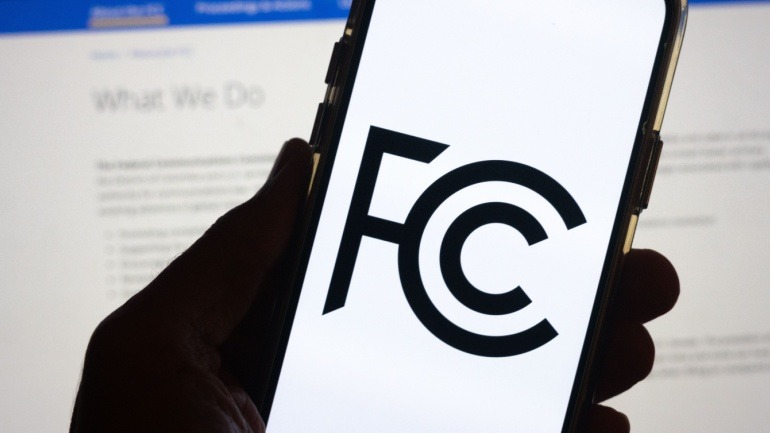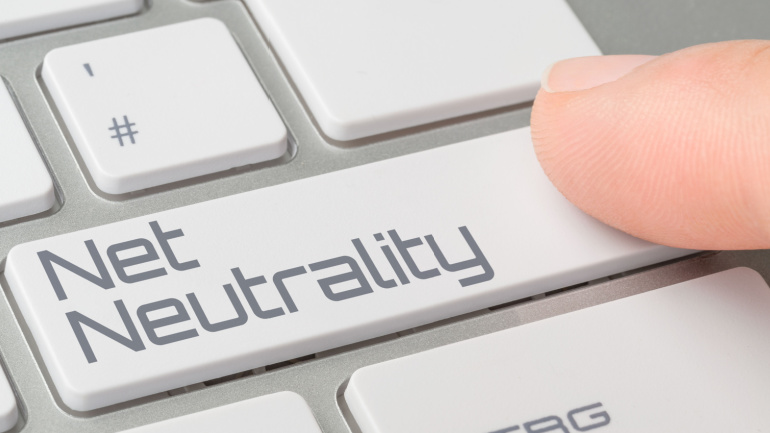A recent U.S. Court of Appeals ruling struck down FCC efforts to restore net neutrality, reigniting the debate over broadband’s classification. The court’s decision challenges regulations treating ISPs as public utilities.
The move towards net neutrality took a noteworthy leap after a unanimous vote at the FCC session. This progressive policy asserts an equal playing field for all web content by banning ISPs from blocking or charging premiums for site delivery.
The US Federal Communications Commission (FCC) is gearing up for a pivotal vote on April 25 to reinstate net neutrality, a move that has stirred controversy, particularly among Republican commissioners.
UK’s communication authority, Ofcom, makes strategic updates to its net neutrality rules ensuring egalitarian treatment of internet traffic. Embracing increased clarity and efficient network design, these changes invite innovation. Yet, it also initiates debates on fair pricing, innovation, and ISP autonomy versus user control.
The FCC has set the wheels in motion to reinstate open internet protections, sparking dynamic public conversations around net neutrality. They aim to frame both fixed and mobile broadband as imperative telecommunication services by the Communications Act. This move could effectively address the recurring issue of broadband outages impacting significant sectors like jobs, education, healthcare, safety, and more. However, the proposal doesn’t stop there, it also plans to ensure stringent nationwide open internet regulations to prevent ISPs from manipulating content accessibility based on payment.
The term net neutrality, which pops up in Internet debate every few years, is the belief that all data on the Internet should be treated the same way by the Internet service providers (ISPs) and governments that regulate most of the Internet. The term suggests that there should be no discrimination and prices should not depend on user, content, website, platform, or application. There is always an uproar about the subject every time the Federal Communications Commission (FCC) submits a new rule on the topic, but then the matter quickly fades away. This ongoing cycle has resulted in tired businesses and consumers that have become insensitive towards the issue. However, they must not forget that most businesses now rely on the Internet for various workflows, and therefore any changes in the rules of net neutrality can significantly affect the VoIP industry and way companies function, particularly VoIP providers, since they…









